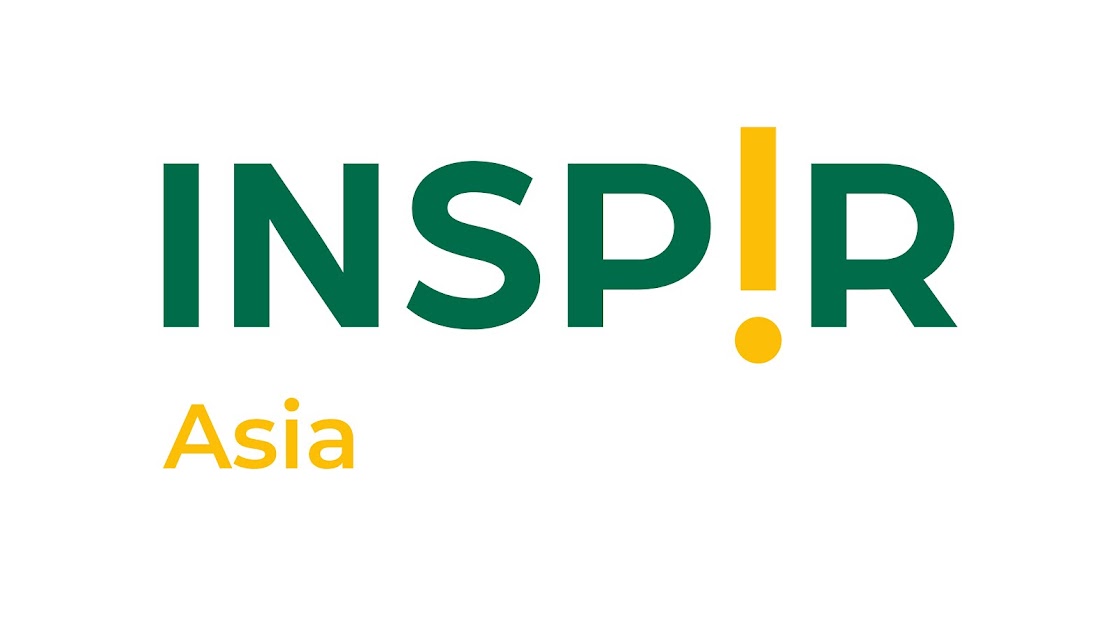Today is that black, tragic day that we remember the factory collapse and killing of over 1.100 workers on 24th April at Rana Plaza in Savar, shocking Bangladesh and the world. WSM partner National Garment Workers Federation (NGWF) arranged a month-long campaign and programs for Rana Plaza Workers' Murder Day, to lobby for safer working environment in the garment industry.
As part of this month-long program "Rana Plaza, Tazreen - Never Again", a Workers Rally and a flower wreath were held at the Rana Plaza site and monument on Sunday, 24th April, 2022 at 10.30.
Through the rally, workers demanded a safe workplace for all garment workers in Bangladesh, so that tragedy like Rana Plaza or the Tazreen fire never happen again. NGWF arranged a short assembly before the start of the rally and speeches were given by the central leaders, Rafikul Islam Rafik, Mrs Nasima Akter, Md Kabir Hosssain, Md Faridul Islam, Md Faruk Khan, Sweety Sultana etc.



